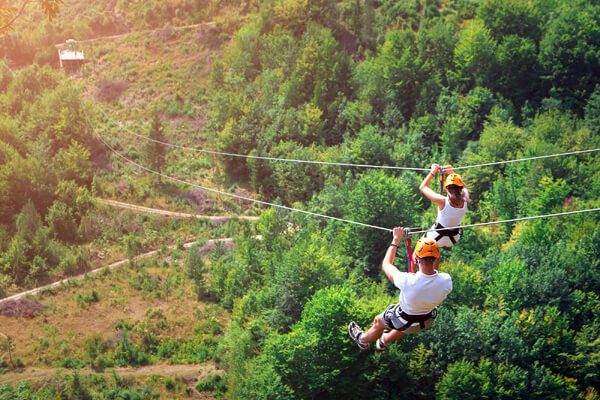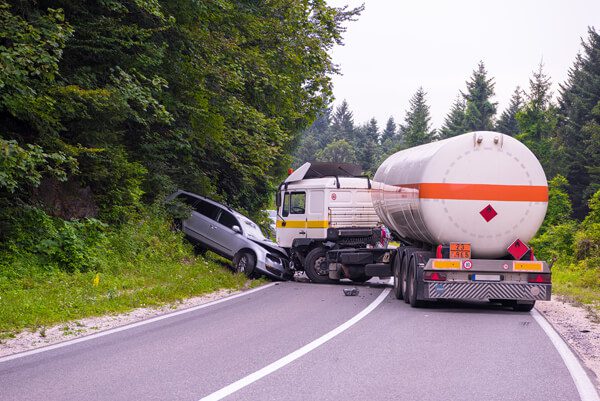5 Things to Know About Recreational Zipline Accidents in Virginia


When you travel to Virginia on vacation with your family or take a trip to another part of the state to enjoy various recreational activities, you should be able to expect that the company or business in charge of any potentially hazardous recreational activity has taken the necessary precautions. However, recreational accidents and injuries happen much too often. Ziplines are becoming more popular in Virginia and across the country, and many people sustain serious injuries at ziplining establishments. Ziplining does not require people to have any prior experience, and it is popular among adults and children alike. Yet it comes with many risks, and it is important to know what your options might be for seeking compensation if you do get hurt.
In Virginia, there are more than a dozen locations for ziplining, from ziplines in Luray to various zipline and “adventure” parks in Virginia Beach, Williamsburg, and Roanoke. If you are considering ziplining anytime soon, the following are five things you should know about recreational zipline accidents in Virginia.
- Employees and/or the Ziplining Businesses May Be Liable for Injuries
Many different parties may be liable for a ziplining accident, from people affiliated with the ziplining business to a company that designed defective zipline safety tethers. In most zipline accident cases, however, the accident and injuries result from negligence at the ziplining business. If an employee is negligent, that employee may be liable, but the business itself also may be responsible for the employee’s negligence.
- Even If You Signed a Waiver, You May Be Able to File a Negligence Claim
Many zipline parks require users to sign a waiver in the event that they get hurt while ziplining. It is important to know that, in Virginia, you cannot typically assume the risks associated with someone’s negligence in a recreational activity. As such, if a zipline park worker does not properly strap you into the safety equipment and you fall, the fact that you signed a waiver will not necessarily prevent you from winning a claim.
- Ziplining Can Result in Permanent Disabling Injuries
Ziplining accidents often result in very serious and disabling injuries. According to the Claims Journal, broken bones are the most common injuries in ziplining accidents. In addition, ziplining accidents can lead to bruises, strains, concussions and other traumatic brain injuries (TBIs), and spinal cord injuries.
- Falls Are the Leading Cause of Zipline Accidents and Deaths
Of all ziplining accidents leading to severe or fatal injuries, falls from the zipline are the most common reason for these injuries. Indeed, according to the Claims Journal, falls are responsible for more than 75 percent of all injuries.
- Most Zipline Claims Must Be Brought Within Two Years from the Date of the Accident
Under Virginia law (Code of Va. § 8.01-243), most ziplining accidents lawsuits will need to be filed within two years from the date of the accident. Even though you may have two years to file a lawsuit, valuable evidence in your case may be lost if you do not begin working with an attorney who can investigate your claim quickly. If you believe you may be able to file a negligence claim against the zipline business or one of its employees, it is important to seek advice from a recreational accident lawyer in Richmond as soon as possible.
Contact a Recreational Injury Attorney in Virginia
Were you injured in a recreation accident, or did your child or another family member get hurt while using a zip line? It is important to discuss your case with an experienced Virginia recreational accident lawyer. At The Johnson Injury Firm, we are committed to representing injured plaintiffs in recreation accidents and helping them to seek the financial compensation they deserve. Contact The Johnson Injury Firm today to learn more about the services we provide to Virginians who have been injured in recreational accidents.







